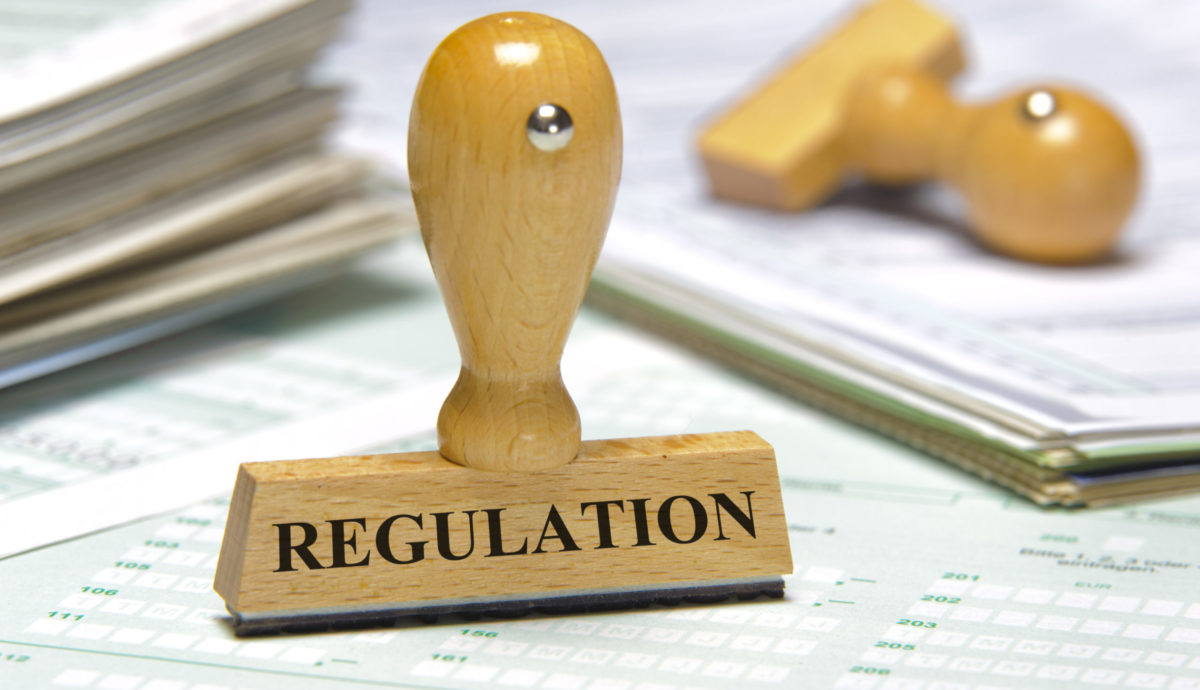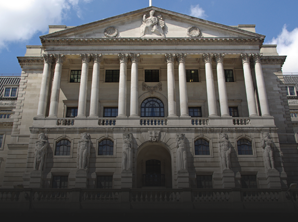Don’t Raise Interest Rates, says Shadow Monetary Policy Committee
SUGGESTED



- The IEA’s Shadow Monetary Policy Committee (SMPC) voted to keep the Bank rate at 4.25 per cent
- This comes as many analysts expect the Bank of England to raise interest rates to 4.50 per cent on Thursday
- Six members voted to maintain the current rate, while two members voted to cut the Bank rate by 25 basis points to 4 per cent
- The UK’s fragile economy and recent bank failures point against an interest rate rise
A group of independent economists that shadow the Bank of England’s Monetary Policy Committee (MPC) say a further interest rate rise is unnecessary to control inflation.
The Institute of Economic Affairs’ Shadow Monetary Policy Committee (SMPC) believe that the Bank of England is overfocusing on current inflation and not enough on the sharp reduction in the money supply – which will bring inflation under control within the next two years, as shown by the Bank’s official forecasts.
In July 2021, the SMPC were among the first groups to identify the risk of inflation and call for an interest rate rise. But they now believe the easing of supply chain pressures from China’s ending of the Covid lockdown and easing of the supply side shock from the war in Ukraine, combined with weakness in the UK economy, means further tightening to reduce demand is unnecessary.
In reaching their decision, the SPMC was told there is no sign of a wage-price spiral and that inflationary expectations have fallen back. The MPC’s official forecast indicates inflation will significantly undershoot the 2 per cent target in two years.
The two members that voted for a rate cut raised concerns that over-tightening and a squeeze on liquidity are contributing to bank failures, such as Silicon Valley Bank and Credit Suisse. There is a particular worry that the United States’ Federal Reserve paying interest on deposits is contributing to a shortage of liquidity in the economy. Any further interest rate rise would risk more bank failures and subsequent demands for interventions such as Quantitative Easing.
Six members also voted to suspend Quantitative Tightening – the selling of debt bought by the Bank from the private sector over the last 14 years thus reducing liquidity in financial markets. This is to return normalcy to the futures curve and price risk without the distortion of the artificial boost that QE has given to capital market assets.
Trevor Williams, Chair of the Shadow Monetary Policy Committee and former chief economist at Lloyds Bank, said:
“A further interest rate rise would be unnecessary to control inflation and could do serious damage to the UK’s economy. The Bank of England allowed inflation to get out of control by being too slow to raise interest rates. They are now making the opposite mistake.
“The recent bank failures in the US – and SVB UK – are a sign of too rapid a withdrawal of liquidity. Most members of the SPMC believe monetary tightening has gone too far and some of it should be reversed either through resuming Quantitative Easing or lowering the Bank rate. Doing both Quantitative Tightening and raising Bank rate further above 4% is morphing into monetary overkill.”
ENDS
Notes to Editors
- The Shadow Monetary Policy Committee (SMPC) is a group of independent economists whose purpose is to monitor the decisions of the Bank of England’s official Monetary Policy Committee and make its own policy recommendations.
- The SMPC has met at least once a quarter at the Institute of Economic Affairs (IEA) since July 1997, making it the first such group in the UK.
- It carries a pool of ‘spare’ members to ensure nine votes are cast each month. This can lead to changes in the aggregate vote, depending on who contributed to a particular poll. As a result, the nine independent and named analyses should be regarded as more significant than the exact overall vote.
- The minutes of the April meeting can be found here: Minutes of the SMPC meeting of 11 April 2023
CONTACT: media@iea.org.uk / 07763 365520
Andrew Lilico + 44 (0) 7886 711735 andrew.lilico@europe-economics.com
Trevor Williams + 44 (0) 7841 497791 trevor@trevorfwilliams.website
Julian Jessop + 44 (0) 7798 601692 julianhjessop@outlook.com
The mission of the Institute of Economic Affairs is to improve understanding of the fundamental institutions of a free society by analysing and expounding the role of markets in solving economic and social problems. The IEA is a registered educational charity and independent of all political parties.



